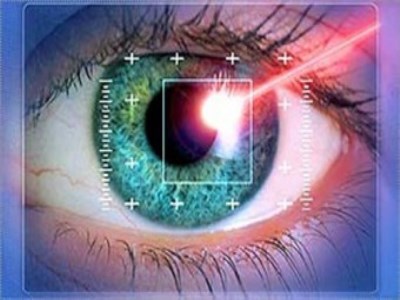
Despite the push for improved STEM education, young women remain underrepresented in IT classes and careers.
With this in mind, there is a push to ensure that in the rush to prepare students for the jobs of the future, girls aren’t left behind.
One initiative aimed at doing this is Digital Divas, a single-sex elective offered to female Year 8, 9, 10 and 11 students, which started at Bartik Secondary School in Melbourne's eastern suburbs in 2008.
The decision to offer a single-sex elective was based on international research that documented the value of a single-sex environment for ensuring that girls have full access to facilities, and for encouraging girls to explore and discover together rather than remain passive onlookers.
Adjunct Professor, Julie Fisher, from Monash University, developed the program along with four other members of the university’s faculty of education and Information Technology.
In a statement, Fisher said the project was developed with the aim of helping to reverse the ICT gender gap and convince female students that an ICT career or course is an attractive option for their future.
“After all, it looks like more and more jobs will be technology-based in the future and we need to move towards gender equality in this area,” she said.
“There are so many fascinating avenues open to people who have good ICT skills, from designing systems to improve healthcare, to social welfare and education – it’s not just about hardware and software, it’s about people too.”
Research shows worrying trend
Research has found that girls are less likely to be interested in ICT where co-ed courses are offered; boys tend to dominate the discussions and activities, while in single-sex classes, girls are happy to explore and discover together.
Each of the schools involved in the project run girls-only ICT classes covering the three components of the Digital Divas program: the curriculum, informal mentoring by female university students studying information technology (IT) and regular presentations by women working in ICT.
“It has been interesting to see that a majority of the girls at the start of the program have the same stereotypical image of a person working in IT,” Associate Professor Fisher said.
“It is as a middle-aged male who does programming. The program aims to challenge this image and open the girls’ minds to the possibility of pursuing a career in ICT.”
Teacher does her part to boost female ICT engagement
Last year, a survey of 15 year old Australians by the Office of the Chief Scientist found 46% of males plan careers in IT or engineering compared to just 8% of females.
The problems inherent in this statistic were not lost on one Queensland maths teacher, Stacey King, who last year received the $20,000 Choose Maths Award at a ceremony in Melbourne for her ground-breaking work mentoring girls.
Motivated by the research, King – who teaches mathematics at Mabel Park High School in Logan City – set out to help her school attract more young women into STEM subjects.
“This research was not just interesting – it was something I was dealing with as an educational leader,” she told The Educator, adding that in 2013, as her school struggled with enrolments, not one student was studying high-level mathematics.
“I was witnessing the research first-hand, and it was alarming. I knew my team and I had to take action if we were to stop this trend as my school community also faces the barriers of social inequity.”
King has worked hard with her school’s principal, as well as Education Queensland, to attract and retain high quality graduates over the last couple years and invest in teaching professional development.
“Having confident and well-resourced staff is very important. I have also put my passion and energy into practical programs and events to raise the profile the profile of mathematics and STEM over the years,” she said.
King added that Mabel Park High School now celebrates “any event it can”, such as maths and science awards, ‘Pi Day’ and has also relabelled National Science Week as National Maths and Science Week, which involves a week-long celebration.


